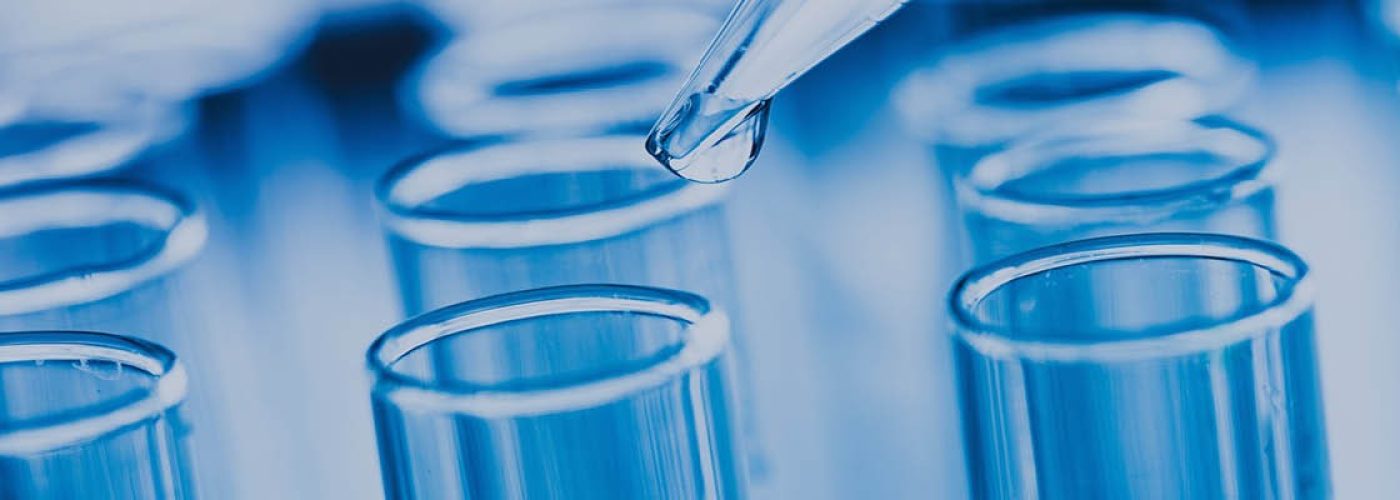Water is the most essential resource for sustaining life on Earth, and its purity is critical for the health of humans, animals, and ecosystems alike. Regular water quality assessments are imperative in ensuring that the water we consume and utilize for various purposes is safe and free from contaminants. Such assessments not only help prevent diseases but also play a pivotal role in maintaining environmental balance. Keep reading to delve deeper into why water quality should never be taken for granted.
Understanding the Significance of Water Quality Assessments
Water quality assessments involve a comprehensive analysis of water characteristics to determine its suitability for specific uses, whether for drinking, agricultural, industrial, or recreational purposes. These assessments are designed to detect a wide range of pollutants, such as bacteria, chemicals, heavy metals, and other contaminants that could pose risks to health and well-being. By identifying these potential threats, appropriate actions can be taken to mitigate the risks they present.
The significance of water testing is not just about maintaining health standards, but also about preserving the integrity of our water systems. Regular monitoring allows for the early detection of issues before they become larger problems, thereby safeguarding water bodies from long-term degradation. Maintaining water quality also involves evaluating the ecological impact on aquatic life, ensuring that the delicate balance within ecosystems is preserved.
Another key aspect of water quality assessments is the role they play in crisis management. By monitoring water sources, communities can react quickly to the onset of contamination events, such as industrial spills or the aftermath of natural disasters. Timely detection and response can prevent the spread of toxins and protect populations from exposure to hazardous substances.
For these reasons, entities such as Total Water Safety Services must provide thorough and regular water testing to maintain high safety standards. The health of the population and the protection of the environment depend on the vigilance afforded by such assessments.
How Regular Water Quality Assessments Protect Public Health
One of the most direct benefits of regular water quality assessments is the protection of public health. These assessments ensure compliance with safety regulations and monitor for potential hazards such as chemical spills, sewer overflows, or contamination from agricultural runoff. Prevention is always better than cure, and through vigilant testing, communities can avoid outbreaks of waterborne diseases like legionella, which can cause severe respiratory illnesses if water systems are not properly managed.
The reliability of drinking water is largely taken for granted in developed nations, but it is a crucial concern that requires constant attention. Regular water quality testing provides the data needed to address issues proactively and keep water treatment processes at peak efficiency. It helps ensure that safe, clean water is a standard service to the public, rather than a luxury.
Public health initiatives often rely on accurate water quality data to formulate their strategies. Whether it’s informing the public about the safe consumption of fish from local water bodies or advising on areas that are safe for swimming, precise water quality information empowers both authorities and citizens in making informed decisions.
Additionally, consistent water quality assessments play a role in providing equitable access to safe water. It ensures that all segments of the population, especially those in vulnerable communities, receive the same quality of water, thereby preventing health disparities linked to socioeconomic factors.
The Role of Water Quality Assessments in Industry Compliance
Industries that rely on water for manufacturing and processes are legally bound to adhere to strict environmental standards. Water quality assessments are critical for these industries to ensure they meet regulatory requirements and avoid hefty fines or legal action. Such evaluations also form a basis for companies to demonstrate their commitment to sustainability and responsible resource management.
In highly regulated sectors, like the pharmaceutical or food and beverage industries, water quality is integral to the production process. Ensuring that water meets or exceeds quality standards is essential for product safety and consumer confidence. Thus, regular assessments not only keep companies within legal boundaries but also protect brand integrity and trust.
Moreover, industrial investment in water quality testing can bring about advancements in efficiency and innovation. By identifying the presence of contaminants early, companies can refine their treatment processes and resource management, often leading to reduced costs and increased competitiveness in the market.
Overall, regular water quality assessments are essential for safeguarding public health, maintaining environmental balance, and ensuring industry compliance. By continuously monitoring and addressing potential risks, we can protect both human populations and ecosystems from the harmful effects of water contamination.





